Swiss successes, risks and failures mediating peace abroad
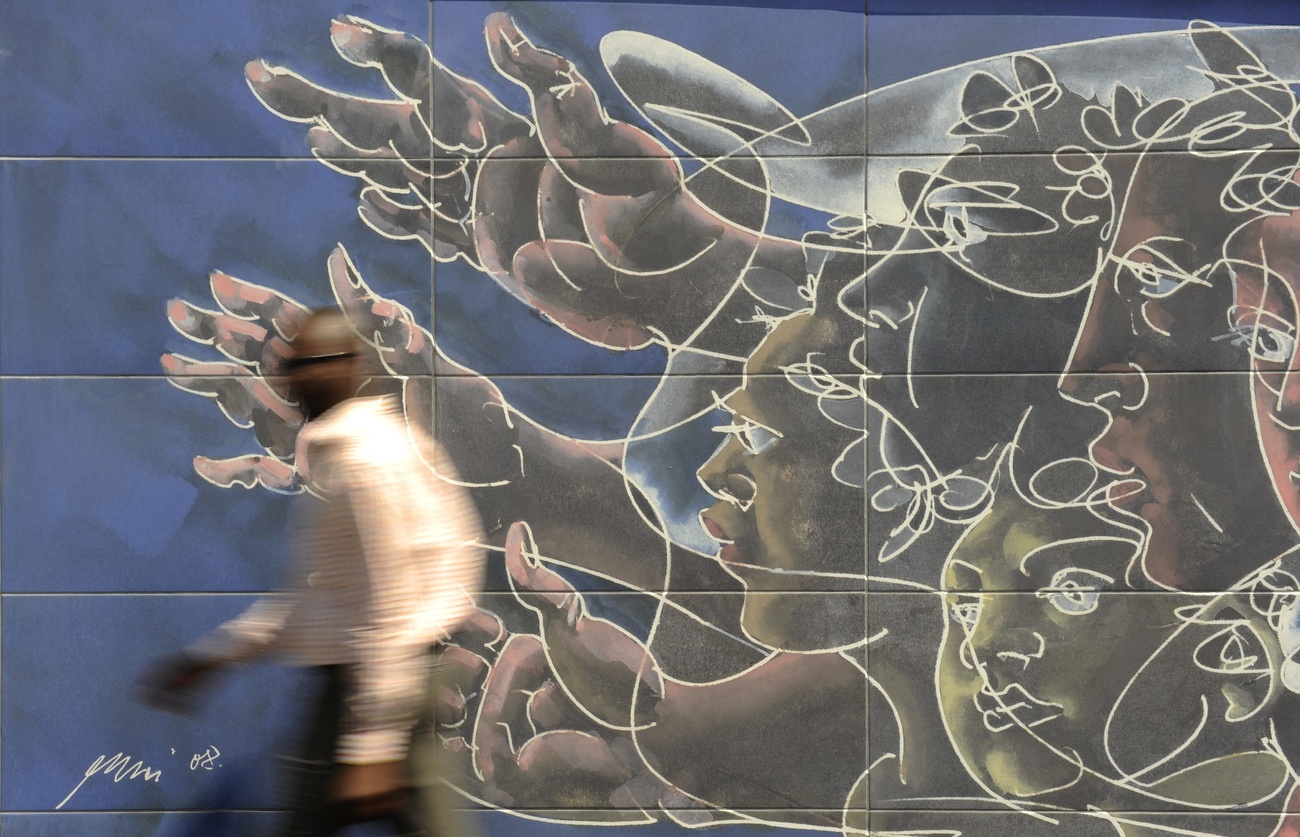
Peacebuilding is one of the main priorities of Switzerland’s foreign policy, even if it is a relatively new player in this field. In an interview with SWI swissinfo.ch, peace policy expert Markus Heiniger explains how the Swiss became specialists in ending conflicts.
Heiniger worked in peacebuilding for the Swiss foreign ministry over several years before his retirement in 2017. That same year he completed a study looking back at Switzerland’s peacebuilding efforts since 1990.
swissinfo.ch: It’s commonplace to talk about Switzerland’s humanitarian tradition and neutrality. But when it comes to peacebuilding, Switzerland became engaged in this field only 30 years ago. Why is that?
Markus Heiniger: After the Second World War, Switzerland set its own course and self-defence became the priority. During the Cold War, we focused on military security. A peace policy that required cooperation was not even considered, given the climate of mutual deterrence. We cultivated an extreme form of neutrality. Neutrality was the country’s raison d’être, rather than an instrument of foreign policy.
That changed with the global context. When the major blocs dissolved in 1989, strict Swiss neutrality was no longer such an attractive proposition. Switzerland was not a member of anything in 1990 – it did not belong to NATO, or the United Nations or the European Union, not even to the World Bank or the International Monetary Fund. Going it alone turned out to be a policy fraught with risks. So first Switzerland joined the Bretton Woods institutions [World Bank and IMF], and then the UN.
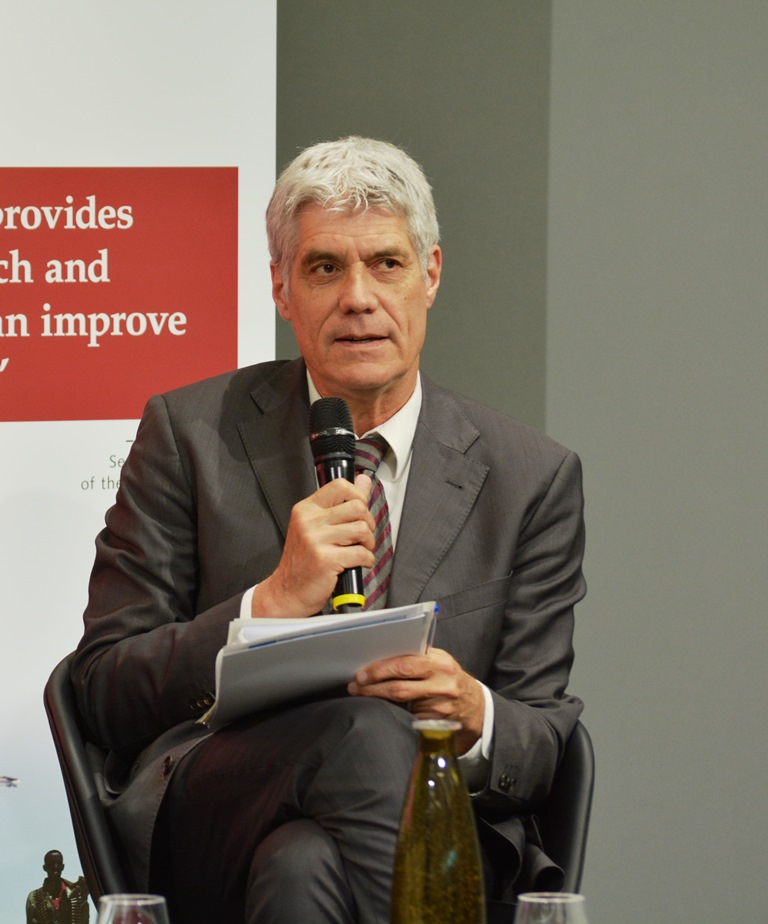
SWI: Was peacebuilding just an opportunity for Switzerland to become active at the multilateral level, even though it was not a member of the EU?
M.H.: Peacebuilding activities like supporting elections, demining operations, supporting policing, and the missions in Chechnya and Georgia were certainly no substitute for EU membership, but they were an opportunity for us to show that we were ready and willing to contribute to international cooperation.
SWI: You write in your study that Canada and Norway were ahead of the game in forging a peace policy.
M.H.: Yes, Swiss diplomacy recognised that at the time. And our people were saying: well, if they can do it, we can too.
Norway had already chosen a multilateral approach during the Cold War with its NATO and UN memberships. They had learned a different lesson from the Second World War than we had. Norway was thinking: we have to pitch in and get involved, because we can’t survive in isolation. So early on they were much better connected and had more information at their disposal. Norway also deployed large financial resources. Canada did something similar.
SWI: Is the situation completely different now?
M.H.: Switzerland has caught up in terms of resources and knowledge. Those other countries recognise that now. We know each other so well – we have even worked together. In the case of Sri Lanka, for example, Norway had the official mandate from the parties to the conflict, but Switzerland was able to help too.
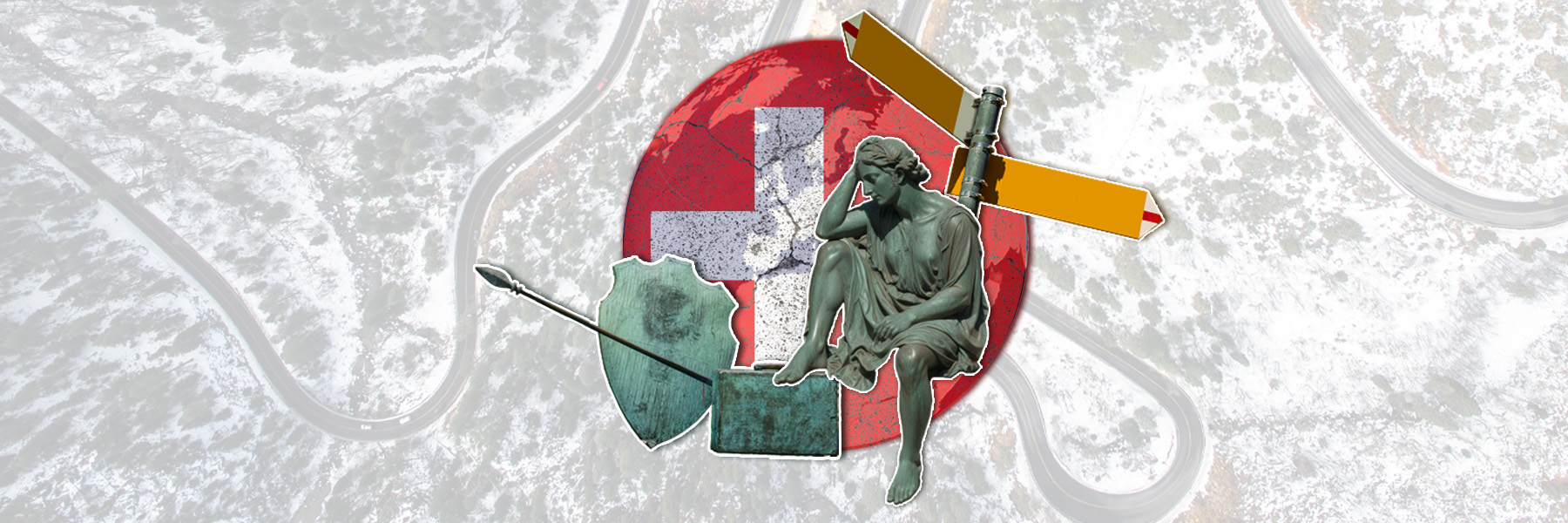
More
What does the future hold for Swiss neutrality?
SWI: What have been some of the big success stories of Switzerland’s peacemaking efforts?
M.H.: I would say the peace agreement in Colombia between the FARC guerrillas and the government forces [in 2016], the peace accord between Maoist rebels and the government in Nepal [in 2006], mediating the Mozambique conflict in 2019, but also the agreement to protect the secessionists in the Nuba mountains of the Sudan in 2002 and the Turkey-Armenia agreement of 2009 – which was not fully implemented.
Switzerland didn’t achieve all of that alone. Usually we work with other countries, but in each of these cases our contribution was crucial.
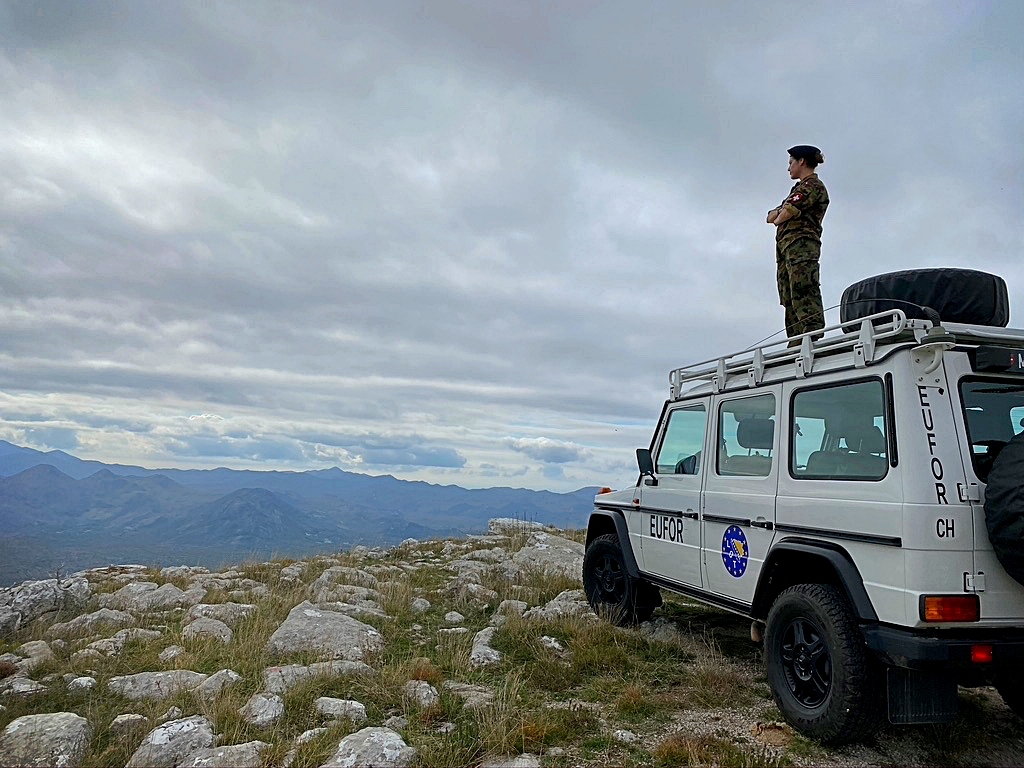
More
Swiss act as early warning system in Bosnia
SWI: And for yourself personally?
M.H.: I am particularly pleased about the deal in Nepal, as I worked in that country myself at one point. Switzerland was able to facilitate a peace agreement between the government and Maoist guerrilla groups. We also facilitated the implementation of the agreement, which is often harder than the agreement itself, and we helped to set up free and fair elections – which the Maoists surprised everybody by winning.
All of this was possible for two reasons: first, Switzerland had been engaged in development work in Nepal for years, was known, and knew all the players. Secondly, the major powers in the region, namely India, China (and the US), stood back and let Switzerland act. It is great that Nepal has not fallen back into civil war.
Another success was the truth commission in Guatemala. An old police archive was found hidden in a garage. Switzerland helped to secure these documents, which were used at the court hearings that followed. Anyway, people just want to know what happened exactly. How did my husband die? Was he murdered?
The work of truth commissions is very important in peace processes, and it is one of Switzerland’s strengths. You have to talk to all the different actors about what went on in the past, at a level that leads to reconciliation and not just accusations and insisting that your side is right.
SWI: What were the biggest failures?
M.H.: One of the most dramatic examples was Sri Lanka. Switzerland, along with Norway, had invested heavily in finding a solution, and we were in fact close to a resolution. It’s heartbreaking that it did not turn out that way. The war finally came to an end in 2009 with a military victory of the Sri Lankan government forces over the Liberation Tigers of Tamil Eelam. The country has not found peace. It is deeply divided, and the Rajapaksa family are governing more and more autocratically. The Muslim minority has also been poorly treated in the last few years.
Peace mediation is an activity that comes with big risks. Many countries relapse into war. But it’s the right thing for Switzerland to do – to stay for the long term. We must not forget, of course, that we are only offering support from the outside, whereas on the inside it is the civilian population that suffers when a peace process collapses. And what’s more, peace has to be made by the parties to the conflict, and that’s the difficult part. So the risk within a country at war is much greater than the risk for peace mediators.
Unlike other countries, Switzerland maintains contact with armed groups like the Tamil Tigers, and only bans such organisations if they are on a UN list, like the terrorist group Al-Qaeda. Does Switzerland get criticised for this?
Why does Switzerland do that? In the case of the Tamil Tigers it was crucial to maintain contact with the separatist side, and even the Sri Lankan government was supportive of that. You don’t do it because you like the Tamil Tigers but because you need to know how their minds work. That has to be of interest if you are involved in a peace process. Otherwise you can’t really provide any input. There was pressure coming from the EU and the US, because they had banned the Tamil Tigers. Switzerland explained that, as a mediator in the peace process, we had to have good contacts with both sides – and that was eventually understood.
Other countries have benefited from Switzerland staying in contact with armed groups, because that way they could communicate through Switzerland.
Yes, that too has happened. Switzerland can be of help to other countries and multilateral actors. They ask us: what is the other side saying? We can’t tell them everything, as it is confidential, but we can give them a general picture. It is crucial to know what the parties actually want, and what goals or problems the leadership have.
Translated from German by Terence MacNamee

In compliance with the JTI standards
More: SWI swissinfo.ch certified by the Journalism Trust Initiative





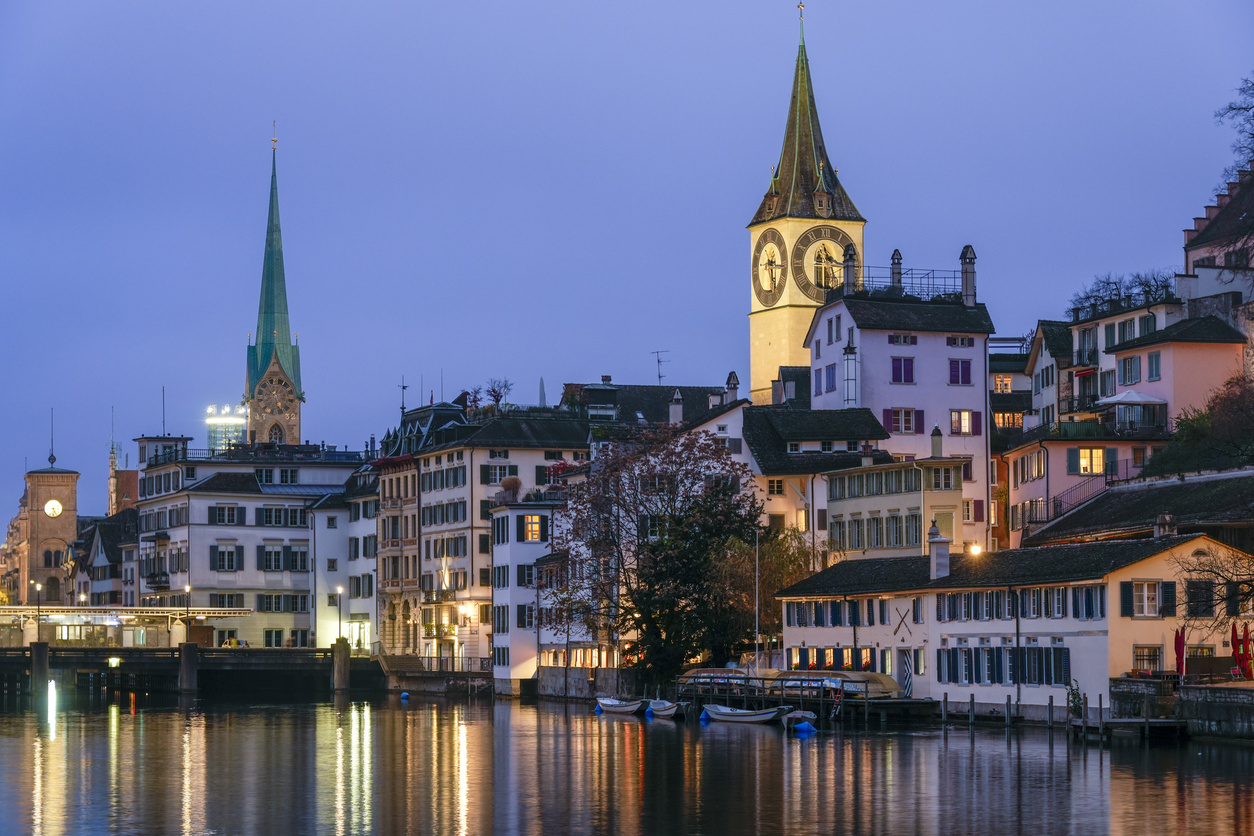





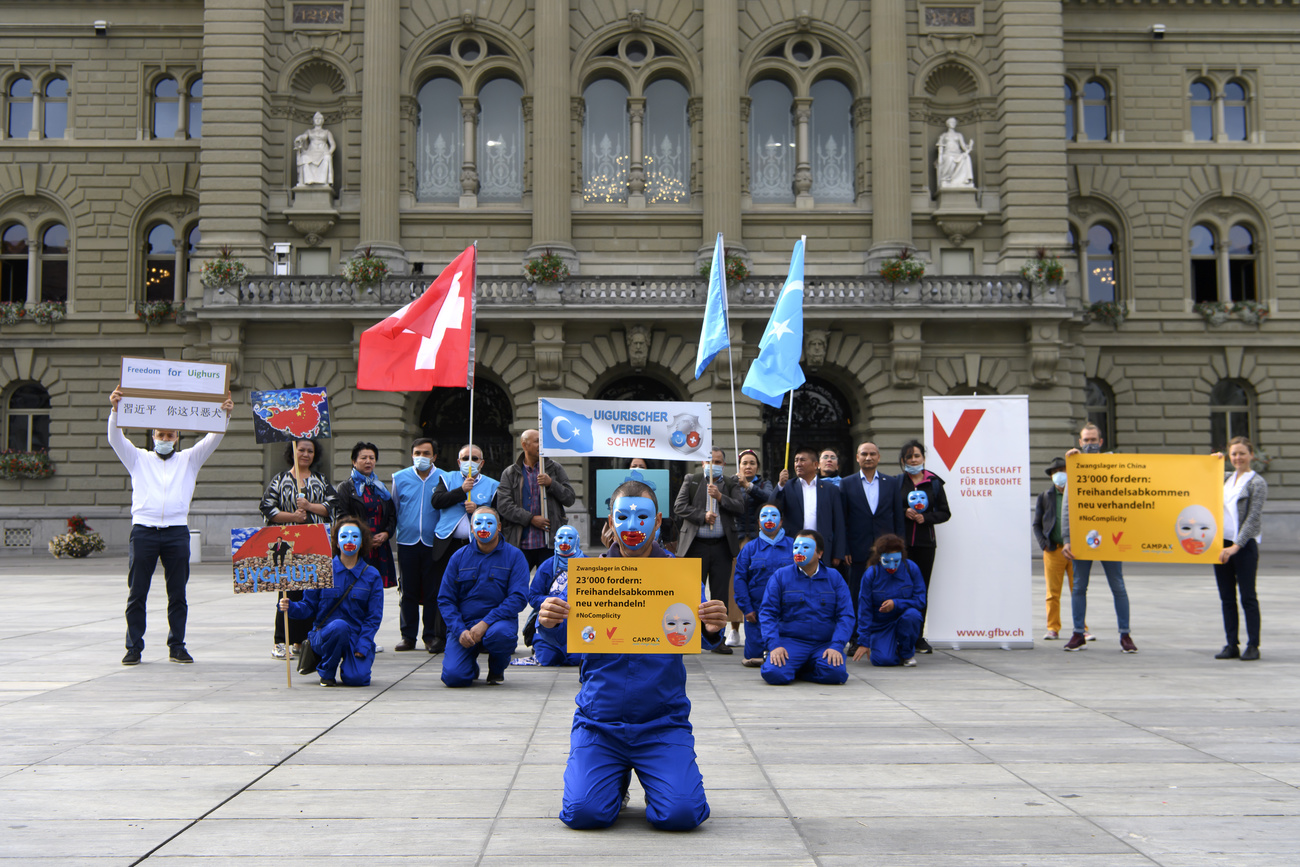
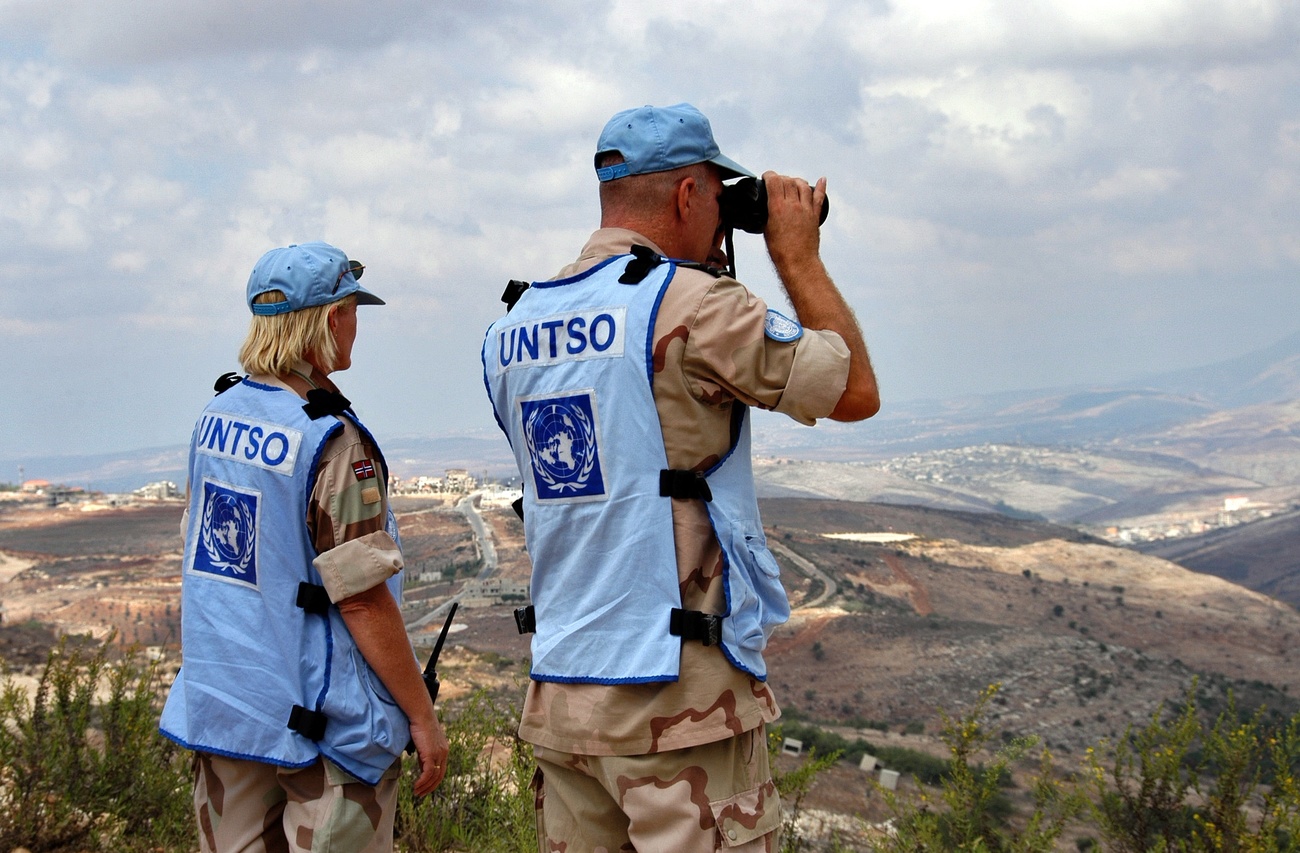

Join the conversation!